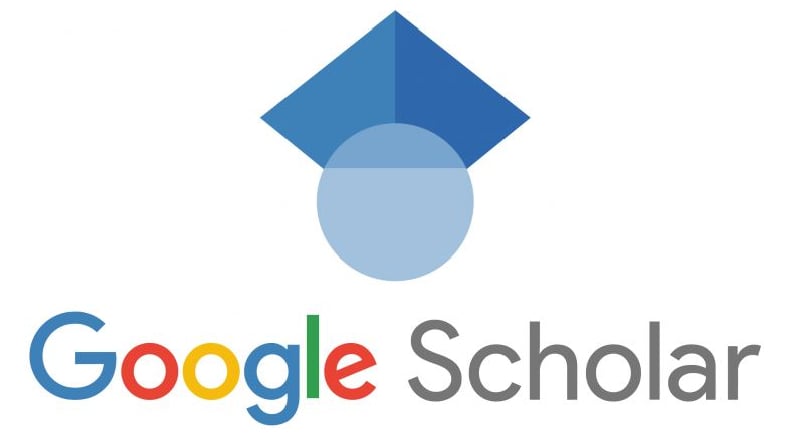Personalized Learning Pathways with AI in Reader Response Theory: A Case Study of Laskar Pelangi by Andrea Hirata
Keywords:
Personalized Learning Pathways (PLPs), Artificial Intelligence (AI), AI as Supporting Learning Tools, Reader Response Theory (RRT), Laskar Pelangi, Andrea HirataAbstract
Engaging students with Andrea Hirata's Laskar Pelangi poses challenges due to the diverse backgrounds and interpretive abilities of students when analyzing the novel's themes of education, poverty, and hope in Indonesia. This study aims to enhance student engagement and understanding by applying Personalized Learning Pathways (PLPs) enhanced by Artificial Intelligence (AI) within the framework of Reader Response Theory (RRT) to tailor learning experiences. The method employs AI-driven PLPs to assess students' prior knowledge, cultural backgrounds, and learning preferences, allowing for individualized content delivery. AI provides personalized feedback, guiding students through the novel's key themes—such as the importance of education and the characters' perseverance despite poverty—while encouraging them to reflect on their own experiences. By dynamically adjusting the learning path based on each student's progress, the AI fosters deeper connections between the novel's narrative and the students' personal contexts. The study concludes that integrating PLPs with AI significantly improves students' comprehension and engagement with Laskar Pelangi by creating an interactive, reflective learning environment. This personalized approach enables students to relate more closely to the novel's themes while also addressing challenges such as varying levels of reading proficiency. However, successful implementation depends on addressing cultural sensitivity, technology access, and ensuring a balanced integration of AI with teacher-led discussions.
Downloads
References
Alshammari, M., Anane, R., & Hendley, R. (2015). Personalised e-learning: Issues and trends. International Journal of Emerging Technologies in Learning (iJET). 10(3), 47-54.
Baker, R. S., & Yacef, K. (2009). The state of educational data mining in 2009: A review and future visions. Journal of Educational Data Mining, 1(1), 3-17.
Binns, R. (2018). Fairness in machine learning: Lessons from political philosophy. Proceedings of the 2018 Conference on Fairness, Accountability, and Transparency, 149-159.
Hirata, A. (2005). Laskar Pelangi. Yogyakarta: Bentang Pustaka.
Kusuma, H., & Hamid, A. (2019). The digital divide in Indonesia: Access to the internet and its implications for inequality. Journal of Indonesian Social Sciences and Humanities, 11(2), 150-163.
Luckin, R., Holmes, W., Griffiths, M., & Forcier, L. B. (2016). Intelligence unleashed: An argument for AI in education. Pearson Education.
Pane, J. F., Steiner, E. D., Baird, M. D., & Hamilton, L. S. (2015). Continued progress: Promising evidence on personalized learning. RAND Corporation.
Putri, R. A., & Manurung, S. (2020). Educational challenges in rural Indonesia: Reflections from Laskar Pelangi. Journal of Indonesian Education and Society, 7(2), 105-118.
Rosenblatt, L. M. (1978). The Reader, the Text, the Poem: The Transactional Theory of the Literary Work. Southern Illinois University Press.
Susanti, A., & Pratama, R. (2018). Language diversity in Indonesia: Challenges and strategies for inclusive education. Journal of Educational and Cultural Research, 9(1), 45-58.
Wibowo, S. (2020). Cultural sensitivity in educational technology: Implications for AI in Indonesian classrooms. Journal of Education and Technology, 15(3), 200-215.
Wulandari, S., & Dewi, A. (2019). The role of Laskar Pelangi in promoting education values in Indonesian literature. Journal of Educational Literature, 14(1), 23-35.
Yunita, A. (2021). Teacher training for AI integration in Indonesian education: Challenges and opportunities. Indonesian Journal of Education, 28(4), 367-381.
Downloads
Published
How to Cite
Issue
Section
License
Copyright (c) 2024 Ekarini Saraswati

This work is licensed under a Creative Commons Attribution 4.0 International License.






